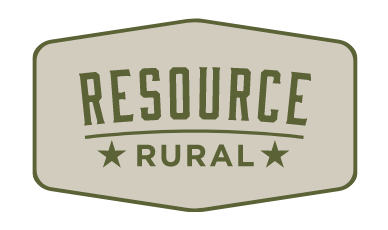When our farmers thrive, our supply chains stay strong
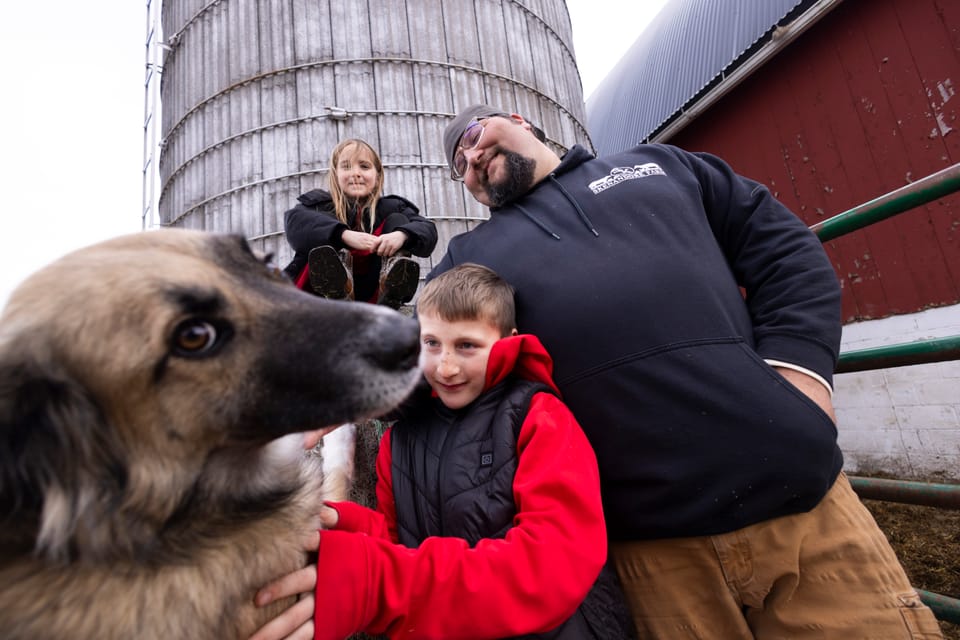
Today’s post is authored by Ann Lichter, our Director at Resource Rural. Our team hopes that you continue to find the strength and resolve to advocate for the places you love. – Resource Rural
Hi Neighbor,
There’s an undeniable diversity of people across rural places. But some things tie us together – like the value we place on caring for our neighbors or how we work hard to produce what our families and communities need.
When COVID hit, we were reminded of how important it is to have a strong domestic food supply chain where small, locally-based producers have the means to grow, process, and distribute food regionally. When production is concentrated in a few large suppliers, we are more vulnerable when natural disasters or pandemics strike.
That’s why the Local Food Purchase Assistance Program (LFPA), created to boost local food production, has been so important to creating resilient food supply chains. By contracting with local farmers and producers, it helps them invest more in growing their business knowing there is a market for their products.
Farmers like Isaiah Skenandore, a first-generation Oneida farmer on the Oneida Reservation in Wisconsin, are living proof of how LFPA programs invest in our rural future. Isaiah raises grass-fed beef and pasture-raised poultry for the Tribal Elder Food Box Program, feeding elders across all 11 of Wisconsin’s Tribal Nations.
“We take pride in taking care of our elders,” he said. “And so for us to be able to provide a high-value protein to the elders, that is what being a Tribal farmer on the reservation is all about.”
Farmers like Isaiah Skenandore, a first-generation Oneida farmer on the Oneida Reservation in Wisconsin, are living proof of how the Local Food Purchase Assistance program invests in our rural future. Video made in collaboration with the Wisconsin Farmers Union and the Wisconsin-based TankThink Media
Through LFPA, Isaiah and his family have grown their farm from two cows in 2020 to over 56 head of cattle and more than 1,100 chickens, helping them build a viable business rooted in community values and generational care. That growth — and the ability to sell locally — would not have been possible without LFPA.
But now, federal funding for LFPA has been frozen, putting farmers like Isaiah and the food security of entire communities at risk. As Isaiah shares in the video above:
“If we continue scaling up and then have that market go away, that could pose a problem for us,” Isaiah said. “We’d have to move a lot more product that we weren’t planning on.”
At a time when the national conversation is focused on the importance of making things in America and creating a strong domestic economy, it makes no sense to pull contracts from the very local businesses that make our communities strong.
LFPA isn’t just a food program — it’s a rural economic development engine, a public health investment, and a pathway to self-reliance for small-scale farmers. When local producers are supported, they create ripple effects of economic activity, better nutrition, and stronger communities that benefit us all.
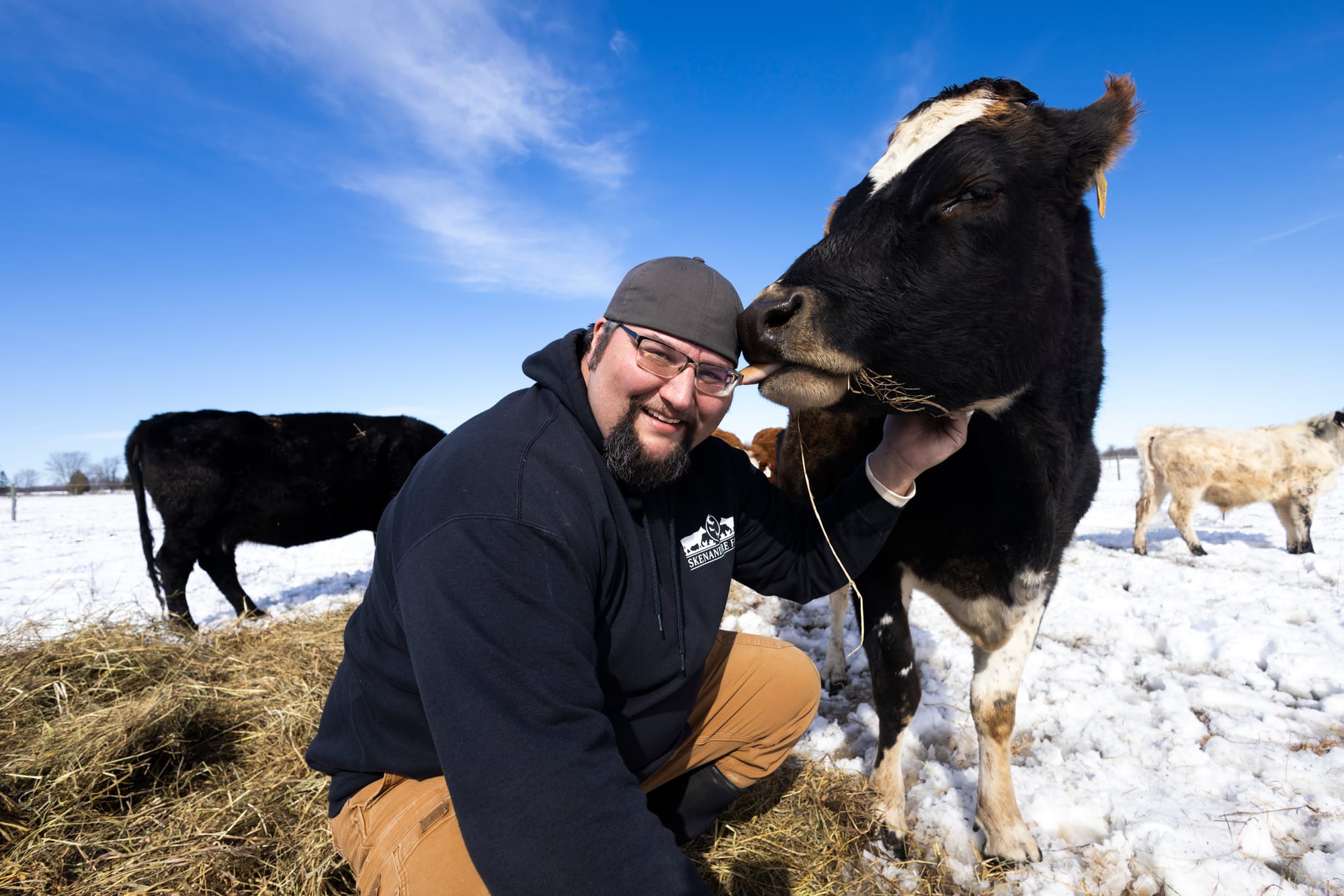
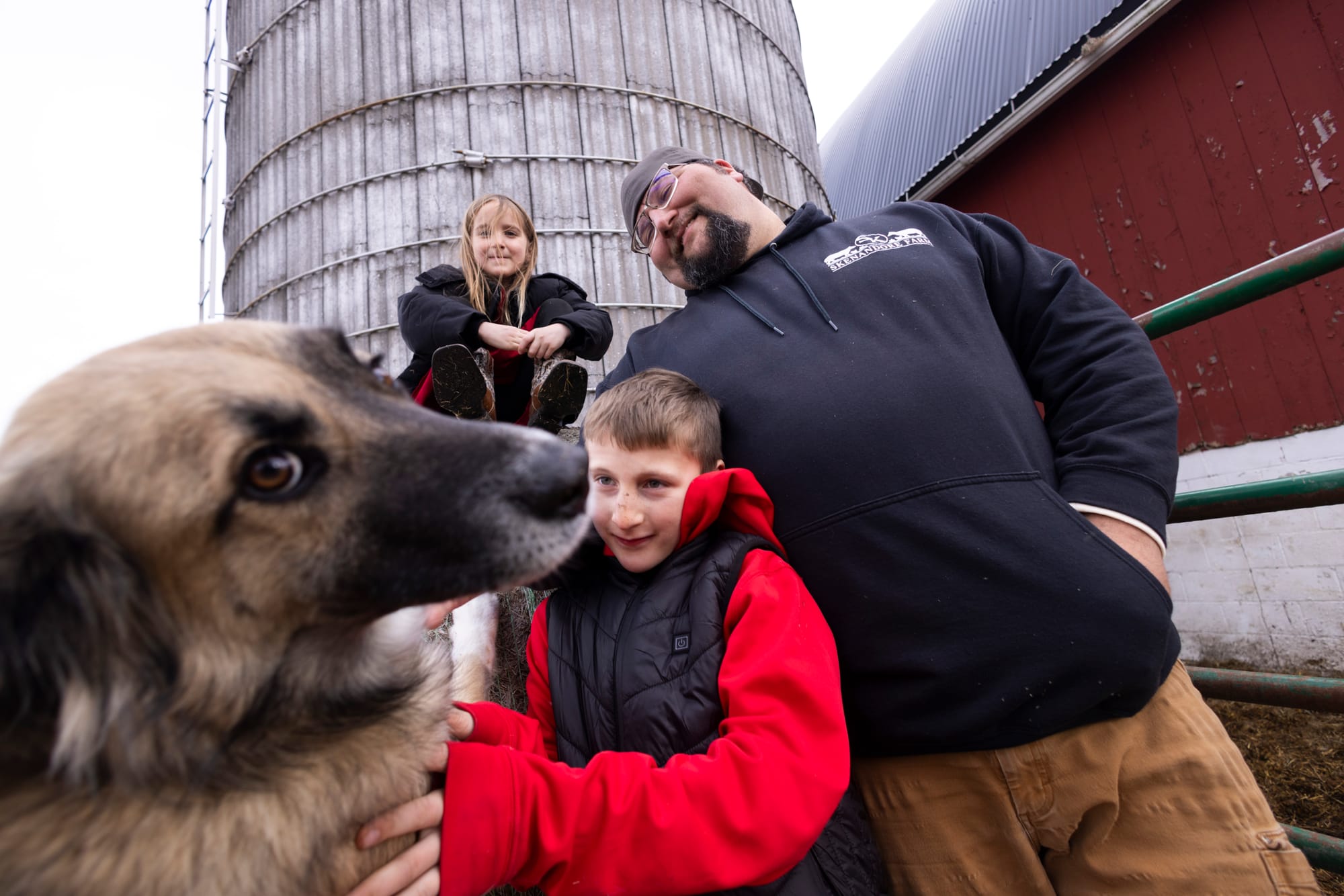
We’re glad to partner with Wisconsin Farmers Union and other allies working to protect the LFPA program. Because every community deserves access to healthy, culturally relevant food — and every farmer deserves a fair shot to thrive.
Or, in Isaiah's words, “To be a Tribal producer, producing food on the reservation that’s coming full circle and right back into the community. That’s something we’re very proud of.”
Now is the time to speak up for rural investment, rural resilience, and rural values.
In gratitude,
Ann Lichter, Resource Rural
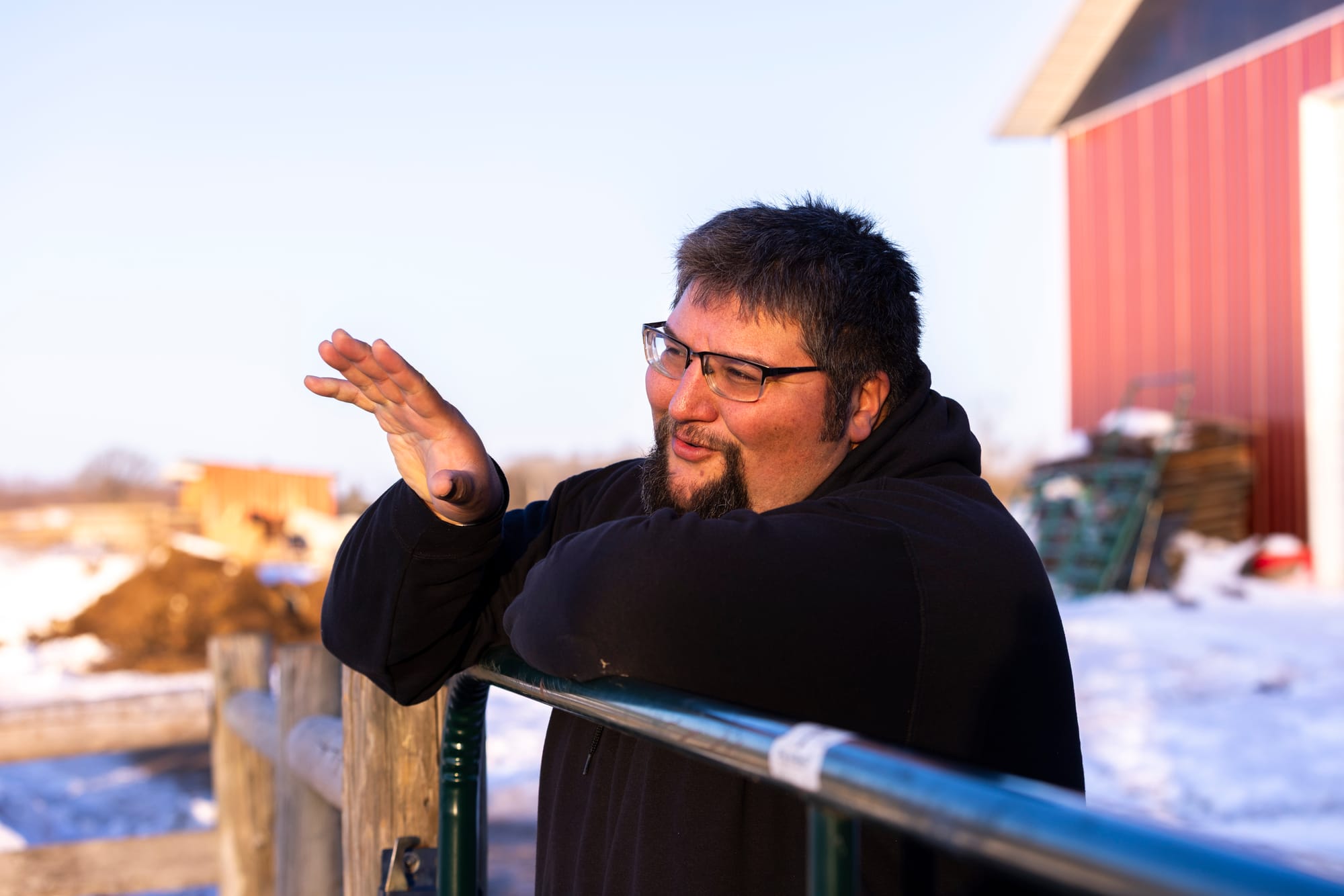
Rural Storytellers in the News
- Collaboration with AKPIRG and the Alaska Center in Alaska's News Source: Nome based tribal community hopes to offset power costs with solar energy.
- Collaboration with Local First Arizona in AZ Central: Opinion: Federal grants make life better in rural Arizona. Freezing them only hurts
- Collaboration with Local First Arizona in Arizona Silver Belt: Federal grants to boost property cleanups in Superior
- Collaboration with Dairy Grazing Alliance in Civil Eats: Apprenticeships Bring a Fresh Generation to Small Dairy Farms
